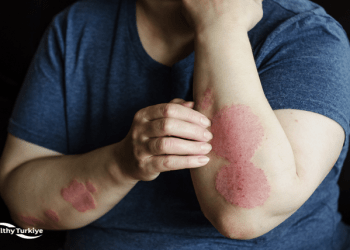Bladders and babies have a relationship mothers generally learn in their third-trimester pregnancy when they spend most of the time going to the washroom, which becomes the norm. But for first-time moms, it is essential to know that those effects of the relationship can linger well beyond the delivery day.
Childbearing causes overactive bladder and stress incontinence in women, which is why it affects twice as many females as males. Click on Learn more to know updated facts about pregnancy affecting the bladder.
How pregnancy affects the bladder?
When the bladder gets compressed due to the weight of the developing baby, the sphincter muscle gets overtaxed and cannot hold back urine very well. Even a cough or sneeze can give enough pressure to leak the bladder
Also, the developing fetus’s pressure can overburden the pelvic floor’s muscle as well, contributing to an overactive bladder–when the bladder contains uncontrollable spasms. This condition persists after pregnancy.
Other ways that can cause bladder control issues:
- Nerve damage that controls the bladder
- A shift of the bladder and urethra during pregnancy
- Episiotomy
- Rise in female hormone–progesterone level, relaxing the muscles so the baby can expand, loosening the pelvic floor muscles.
The best step an expectorant mother can take to overcome incontinence is strengthening the pelvic muscles. These exercises, known as Kegels, can be done anywhere. It is done by tightening the vagina muscles and holding them while counting to 10, then releasing them. It can be accomplished in sets of 10 and thrice during the day. If it still does not help, follow the other practices:
-
Bladder training
In this practice, the mother holds off urinating for a few minutes till the urge strikes. She will add more time by the following trip, lengthening the time.
-
Tracking voiding time
Mom will record when she urinates and leaks to know her incontinence pattern. That way, she can prepare for trips to the washroom, avoiding leakage.
Treatment options
Sometimes, 1000 Kegels can prevent or improve female incontinence, especially when women enter menopause. If incontinence becomes chronic, the doctor can suggest some approachable treatments.
-
Medications
Some drugs can suppress involuntary muscle contractions around the bladder, triggering incontinence. Nerve-stimulating drugs, antidepressants, and estrogens can also reduce the symptoms.
-
Injections
Certain synthetic compounds are effective in improving the urethral muscles’ function. Botox can improve bladder function and can partially paralyze the bladder muscle to reduce overactivity.













